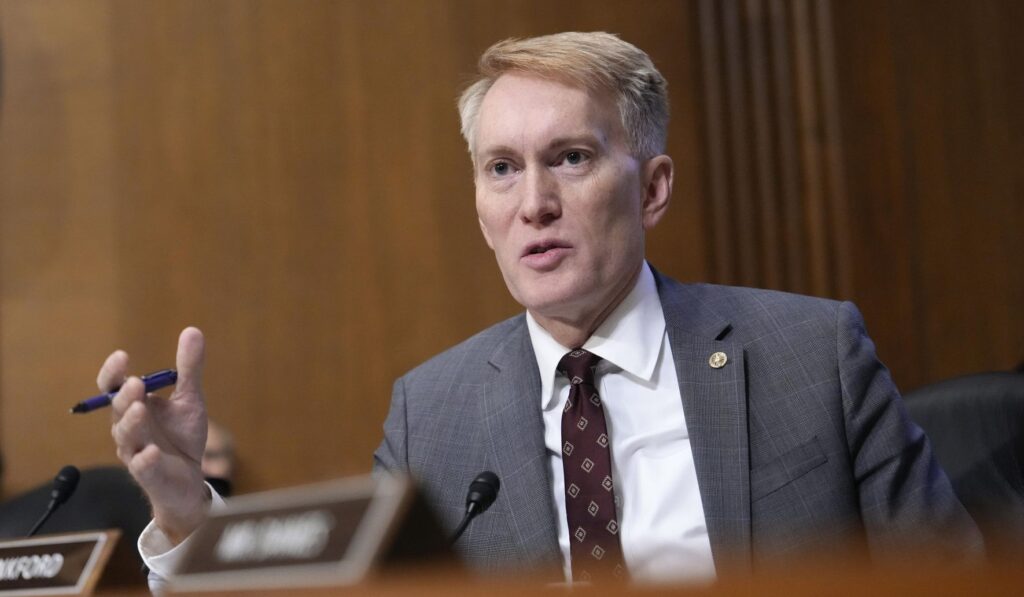Sen. James Lankford is splitting from President Trump on the filibuster, and this piece examines that break, the stakes for Senate Republicans, the political logic behind defending the filibuster, and what the split means for party unity and strategy going forward.
Sen. James Lankford is splitting from President Trump on the filibuster. That single line captures a moment that matters much more than a policy disagreement: it reveals growing fractures in Senate Republican ranks at a time when unity matters most. This article looks at the immediate fallout, the strategic choices on the table, and why conservatives should care about the institutional rules that shape Washington.
The filibuster is not just a Senate rule, it is a guardrail that protects minority rights and forces compromise. Many Republicans see it as a check on majoritarian overreach and a way to keep the federal government from swinging wildly with every election. When a senator breaks with a president on this, it raises the question of whether short-term political wins are worth weakening long-term protections.
President Trump has taken a clear stance in recent debates about how to approach Senate procedure, and his allies have argued that preserving the filibuster preserves the political leverage conservatives need. Lankford’s position signals a different calculation — one that prioritizes a particular outcome over the broader institutional posture. That divergence matters because it shapes how the party handles nominations, spending fights, and major legislative priorities.
From a Republican perspective, the argument for defending the filibuster is straightforward: keep Washington from becoming a runaway machine that erases the next election’s consequences. Without the filibuster, whichever party controls 51 votes can impose sweeping changes with little restraint. That kind of power shift makes it harder to protect consistent conservative wins and turns every close election into a policy reset.
There is also a political calculus to consider. Voters who backed limited government and checks on federal power tend to expect their representatives to defend institutional norms. When senators break ranks, they risk alienating those voters and making policy swings more likely. Republicans who want a steady conservative agenda argue that consistency on procedure pays off in the long run, even if it frustrates short-term tactical opportunities.
On the other hand, those who want to alter the filibuster argue that some issues are simply too urgent for procedural delays. They point to confirmation backlogs, regulatory fights, and what they see as judicial and administrative overreach that requires a more aggressive approach. The tension between urgency and restraint is real, and it’s exactly the kind of internal debate that can define a party’s identity for years.
Strategically, the GOP faces a choice: build a majority that can sustain conservative policy through broad consensus, or pursue narrow victories that could be rolled back when the other side returns to power. Lankford’s break with Trump suggests some within the party are willing to try new tactics. But that choice carries risks, including loss of leverage, intensified polarization, and the erosion of norms that have historically limited federal overreach.
What happens next will depend on how Republican leaders manage this split and how the base reacts. Party unity cannot be taken for granted, and the way senators handle procedural fights will shape legislative outcomes, confirmation battles, and campaign narratives. The filibuster debate is more than theory; it will influence who governs and how far any governing majority can push its agenda.
The coming months will test whether Republicans prioritize institutional stability or short-term wins, and whether dissenting voices like Lankford’s change the party’s course. This is about more than a single vote or a single senator; it’s about the rules that govern power in Washington and the strategic choices conservatives make as they try to protect their principles while winning elections. The consequences of this split will be felt well beyond any one headline.



